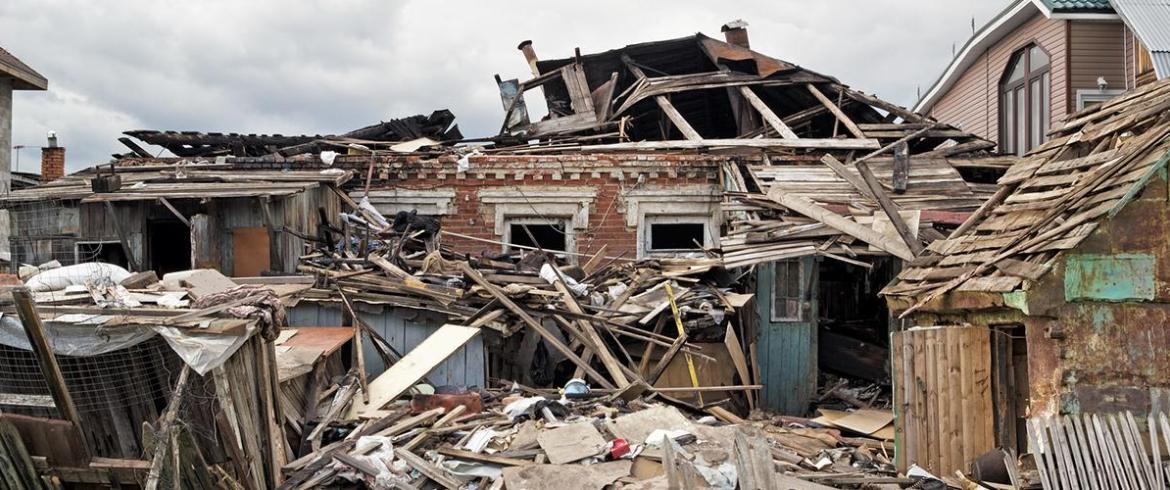
Hurricane Michael came roaring into the Florida panhandle in October, 2018 as the strongest hurricane to land in the continental United States in the last two decades. Devastating homes, businesses and agriculture, the category four hurricane left a path of destruction from Georgia to Virginia. Mexico Beach, a small coastal town in Florida and many towns along the way looked like war zones.
More than 375,000 people were ordered to evacuate as the storm raged. Emergency shelters were overwhelmed with demand. Once the recovery began, many evacuees had to face communities without utilities, littered with hurricane debris and damage. Some lost homes or businesses and many found themselves without a job or a place to live, in desperate need of help.
Surviving the storm is the first step, but what happens in the aftermath? Researchers at the FAMU-FSU College of Engineering are looking at critical data related to long-term shelters and the auxiliary support provided by secondary support systems like local businesses and non-governmental organizations (NGOs). Civil and environmental engineering professors Tarek Abichou, Eren Ozguven and Juyeong Choi of the FAMU-FSU College of Engineering received a Quick Response Grant from the Natural Hazards Center at the University of Colorado Boulder to research this issue.
“We found that despite the importance of these secondary service providers, the focus of data collection is limited to the initial expectations and obligations supporting long-term shelters in the planning stage,” Choi said. “We want to collect time-sensitive data from Hurricane Michael's impact on Panama City, Florida to better understand the functions of secondary support systems as the substitute means of fulfilling the needs of shelters.”
The researchers are planning to collect data in a timely manner while making them available for hurricane shelter planning in the future. They hope the findings will advance modern practices to a higher level of post-disaster emergency plans for other disaster-prone communities.
”We want to establish a foundation to promote a close partnership between infrastructure providers and users, including communities, NGOs and other agencies for effective disaster mitigation plans,” Choi says. ” Collected data will be stored online at a data hub and can be used to share disaster risk reduction knowledge.”
The grant of $2,000 will help fund the cost of data collection related to the management and operations of hurricane shelters. The data will provide guidance addressing critical issues overseeing the way local government agencies, NGOs and other community volunteer groups will help meet the diverse needs of evacuees, as well as how they operate and manage their facilities.
